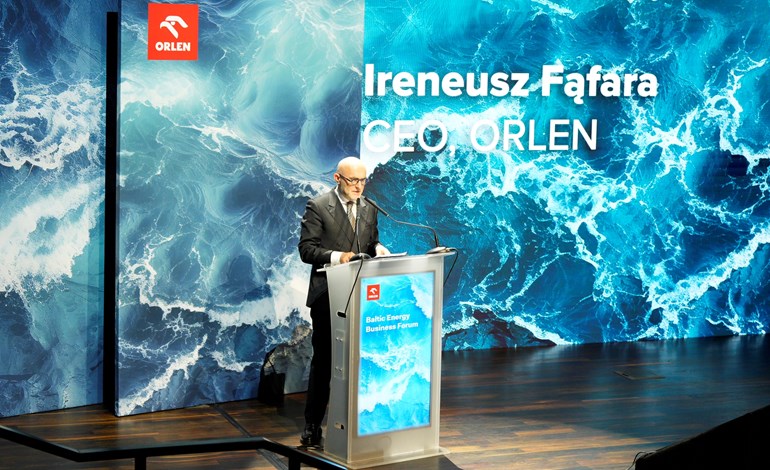A new report from Orlen Group and S&P Agency suggests that deeper energy cooperation among the Baltic countries could unlock opportunities for more affordable and sustainable energy solutions. The findings emphasize the strategic importance of closer collaboration to enhance energy security, accelerate decarbonization, and achieve full energy independence from Russian supplies.
The study outlines several key benefits of regional cooperation, including a stable electricity supply at lower prices and improvements in air quality through joint initiatives such as hydrogen development. By accelerating technological advancements, especially in renewable energy, the report highlights the potential for decarbonizing heavy industry and transport.
“The Baltic Sea region is at the forefront of Europe’s energy transition,” said Ireneusz Fąfara, Chief Executive of Orlen’s management board. “By working together with regional partners, we can fully harness the region’s potential and deliver more secure, affordable, and cleaner energy for Poland and our neighbors.”
The report, titled Baltic Cooperation: Momentum for Energy Transition, analyzes the progress of energy transition efforts across eight countries—Poland, Germany, Denmark, Sweden, Finland, Lithuania, Latvia, and Estonia. The region, which accounts for over a third of the EU’s total energy consumption and emissions, is seen as a key area for Europe’s broader decarbonization strategy.
One of the report’s key findings is the Baltic’s substantial renewable energy potential. With an estimated 4400TWh of combined offshore wind, onshore wind, solar, and hydropower capacity, the region’s renewable energy output could be four-and-a-half times greater than its total energy consumption in 2023. However, experts point out that realizing this potential will require overcoming challenges related to security, sustainability, and affordability.
Hydrogen development also emerges as a promising opportunity for the region. The clean energy source could help decarbonize industries and transport, and Orlen has advocated for the establishment of a regional hydrogen auction to stabilize and lower costs for industrial consumers.
Despite the region’s vast offshore wind capacity—93GW in the Baltic Sea—only 3GW is currently operational, far behind the North Sea’s 32GW. The report emphasizes that successful collaboration on maritime spatial planning and streamlined permitting processes will be essential to meet the 19.6GW offshore wind target set for 2030 under the Marienborg Declaration.
The report concludes that the key to unlocking the Baltic region’s energy potential lies in stronger cooperation between the countries, particularly in the areas of hydrogen, offshore wind, and renewable energy technology. By working together, the Baltic states could enhance energy security while reducing emissions and driving economic growth.
Related posts:
- Iberdrola and Norway’s Sovereign Fund Forge Strategic Alliance to Boost Renewable Energy in Spain
- Brazil’s Renewable Energy Subsidies Expected to Surpass Fossil Fuel Support by 2024, Says Regulator
- Decarbonizing Indonesia’s Iron and Steel Industry with Renewable Energy: A Path to Sustainable Growth
- Orsted Expands Presence in Texas with New Houston Office
- Orsted Secures DOE Funding for $100 Million Power-to-X Facility in Texas

